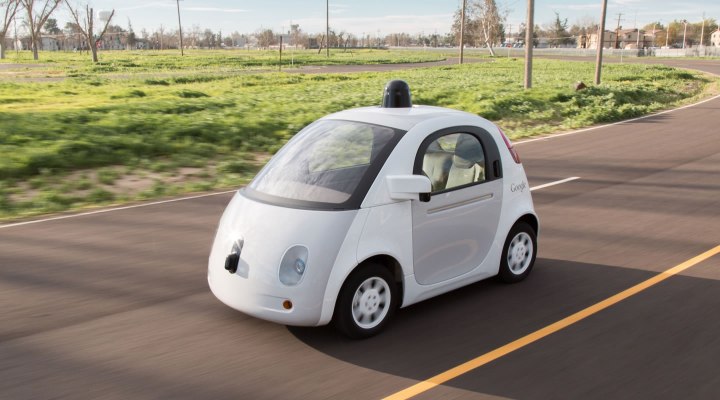
Alphabet announced that a new company called Waymo will helm its autonomous ventures, but instead of building vehicles itself, Waymo will likely partner will existing auto manufacturers to bring driverless technology to the masses. A story published on Monday by The Information gives further credibility to this statement, as Google has reportedly deemed that its idea of a self-driving car sans steering wheel or pedals is impractical at this time.
This represents a huge pivot for the company but it is not exactly a hard reset, either. Alphabet appointed John Krafcik, Google’s CEO of Self-Driving Cars, to lead Waymo and he plans to leverage every gigabyte of Google’s autonomous data to make the roads safer and easier to navigate.
“We believe that this technology can begin to reshape some of the 10 trillion miles that motor vehicles travel around the world every year, with safer, more efficient and more accessible forms of transport,” Krafcik said in a letter outlining Waymo’s plans. “We can see our technology being useful in personal vehicles, ridesharing, logistics, or solving last-mile problems for public transport. In the long term, self-driving technology could be useful in ways the world has yet to imagine, creating many new types of products, jobs, and services.”
Alphabet’s strategies are in motion, but Krafcik has made one thing very clear — Waymo is not in the business of making cars. That means we probably will not see any Waymo-branded autonomous vehicles for sale anytime soon, but if you find yourself cruising down the interstate in the back of a mobile lounge one day, you will know who to thank.


